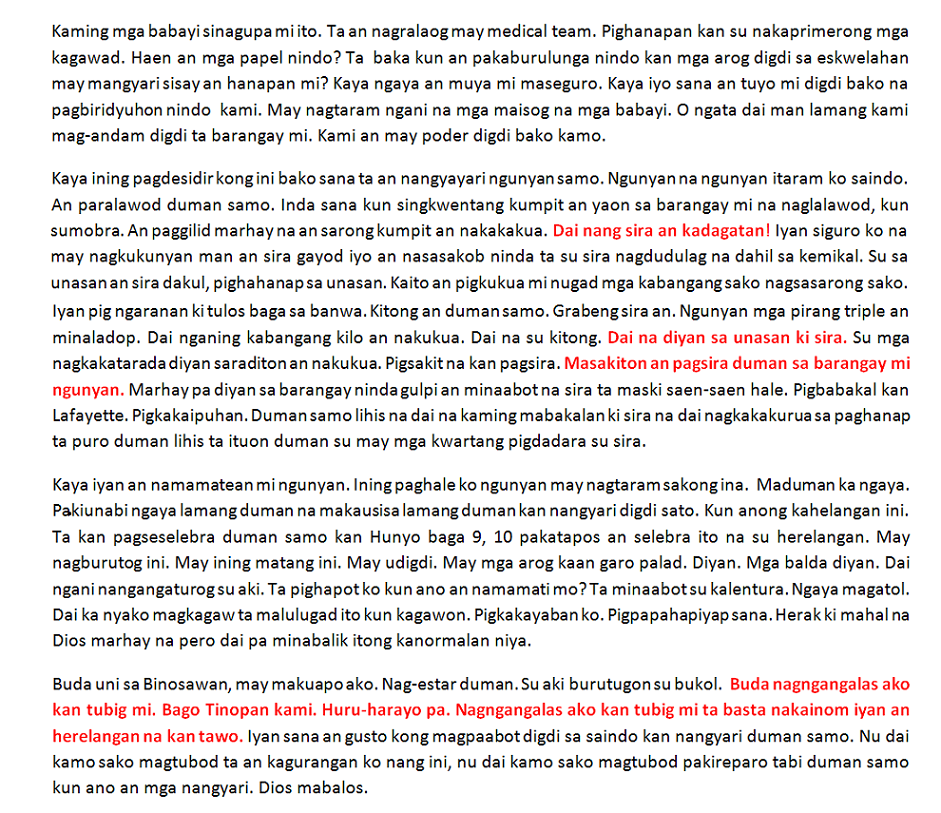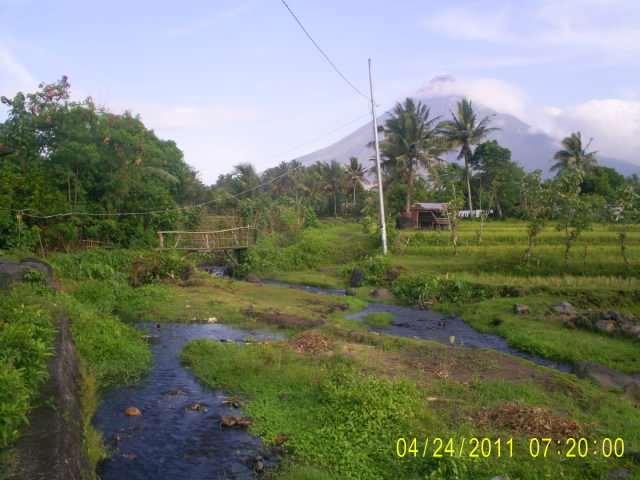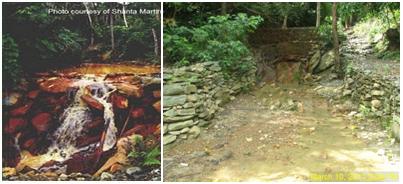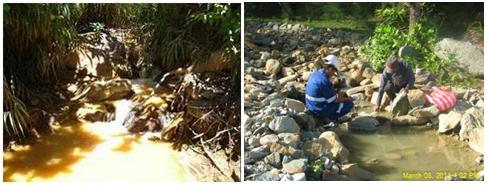Business Mirror / Top Stories
By Joel R. San JuanReporter
LEGAL and liberalized mining continue to be under siege from environmentalists, party-list representatives and many sectors, as can be seen with several petitions filed anew at the Supreme Court (SC) seeking to scrap Republic Act 7942, or the Philippine Mining Act of 1995.
The objectors’ main argument is that the mining law is unconstitutional—with their hope that this time around, they will win the case they lost in the SC three years ago. This is mirrored in another petition filed by three other party-list solons and other individuals that also argued that Section 81 of the Mining Act is unconstitutional because it is a violation of the rule on delegated legislation—specifically, on the matter of determining the sharing of proceeds from mineral production.
The new round of lawsuits is seen to be a damper on hopes of the government and the mining industry to make it a major growth driver in 2008. Since 2002, the country’s mineral- production value has been increasing because of the demand-driven rise in world metal prices, according to the environment department’s Mines and Geosciences Bureau (MGB).
Former Environment Secretary Angelo Reyes had said in June, “With the continuing increase in production value [mineral products], we are optimistic on achieving a projected 8.6-percent mining-exports share to total exports by 2010—a figure that would elevate the Philippines to a ‘mining country.”
Director Horacio Ramos of MGB on the other hand said the growth in mining exports had already begun last year as total exports of mineral and mineral products reached about $2.06 billion, more than double 2005’s $820 million, increasing the industry’s percentage share from just 2 percent to a remarkable 4.5 percet.
In their petition filed Monday, party-list Reps. Ana Hontiveros-Baraquel (Akbayan), Teodoro Casiño of Bayan Muna, and Lorenzo Tañada III and several people affected by mining activities in three Davao Oriental towns asked the Court to order the Department of Environment and Natural Resources (DENR) not to approve any new or pending application for mineral production sharing agreements (MPSA).
They also wanted the Court to nullify the seven MPSAs the department had already reassigned to respondent mining firms Hallmark Mining Corp. and Austral-Asia Link Mining Corp.
The MPSAs in question cover 17,215 hectares in the towns of Mati, San Isidro and Governor Generoso, all in Davao Oriental.
The petitioners argued that RA 7942 is unconstitutional because it violates Article XII, Section 2 of the Constitution that states “all lands of public domain, waters, minerals, coal, petroleum and other mineral oils, all forces of potential energy, fisheries, forests, timber, wildlife, flora and fauna, and other natural resources are owned by the State.”
They argued the mining contracts are disadvantageous to the State.
“This fiscal arrangement is glaringly contradictory to the constitutional provision that the development of the national patrimony should be based on an equitable distribution of wealth.”
They said all that government was entitled to under the agreements were excise taxes with no share in the gains from production. They added no executive issuance could override constitutional mandates that in this case requires of concessionaires to share their gains with government.
Again, the other petitioners also argued similarly. They also sought the nullification of the questioned DENR Order 07-12 for usurping legislative power—thereby unconstitutional—by providing for a “Revised Guidelines Establishing the Fiscal Regime of Financial or Technical Assistance Agreements.”
The second group of petitioners reiterated that Section 81 and DAO 07-12 “nullifies the Philippine State’s role as owner-in-trust and as an investor in mining and minerals utilization of the country” because under the agreements, “the government’s source of revenue will largely rely on the collection of taxes, fees and royalties” and not share in the proceeds of the enterprises.
Thus, “The seriously flawed fiscal regimes of the Mining Act of 1995 clearly puts into serious doubts the government’s claims about a huge financial and economic benefits that the Filipino people will gain from opening our country to large-scale mining.”
The first group of petitioners gave as example the findings of the Bastes Commission on the Rapu-Rapu incident that showed the collected excise tax in 2005 from Rapu-Rapu Mining, Inc. was P2.07 million only, when company financial documents showed that in a span of four months it amassed P134.4 million, making the tax a mere 1.5 percent of its revenues.
“These figures are glaringly inequitable, to say the least. These figures merely represent loss of potential income, without factoring the valuation of the loss of livelihood, utilization of other natural resources, loss of income from long-term exploitation and, most of all, the human-rights impact of these operations,” stated the petitioners.
They also noted that studies have shown that one of the effects of open-pit mining, the system used by the respondent companies, is the sedimentation and pollution of the groundwater from toxic wastes.
The petitioners said such contaminated water is detrimental to the health and lives of those who depend on groundwater, is damaging to farmlands being irrigated with such contaminated water and seriously impair the ecological habitat of marine life on Pujada Bay, a key source of livelihood of the residents.
“We have long decried the human-rights, environmental and other destructive impacts of RA 7942 on mining-affected communities, including indigenous people’s lands. Even the State and the Filipino citizens will also stand to lose economically and financially if we will rest content with these provisions and with the Mining Act itself,” summed up the petitioners.
































































































































No comments:
Post a Comment